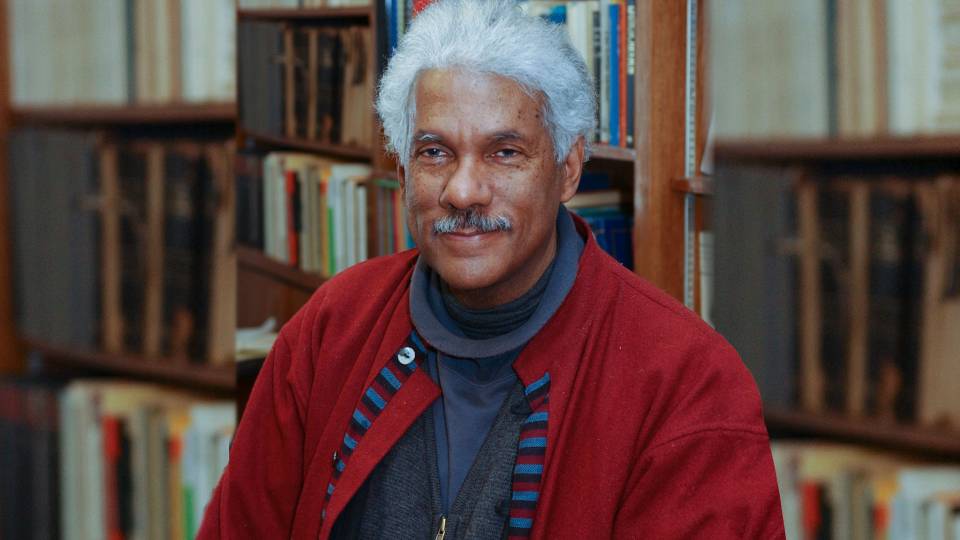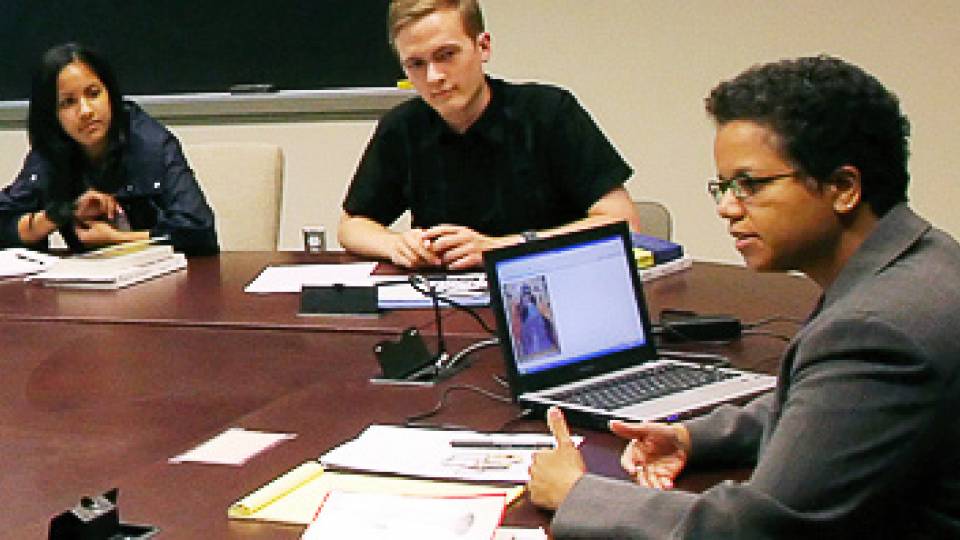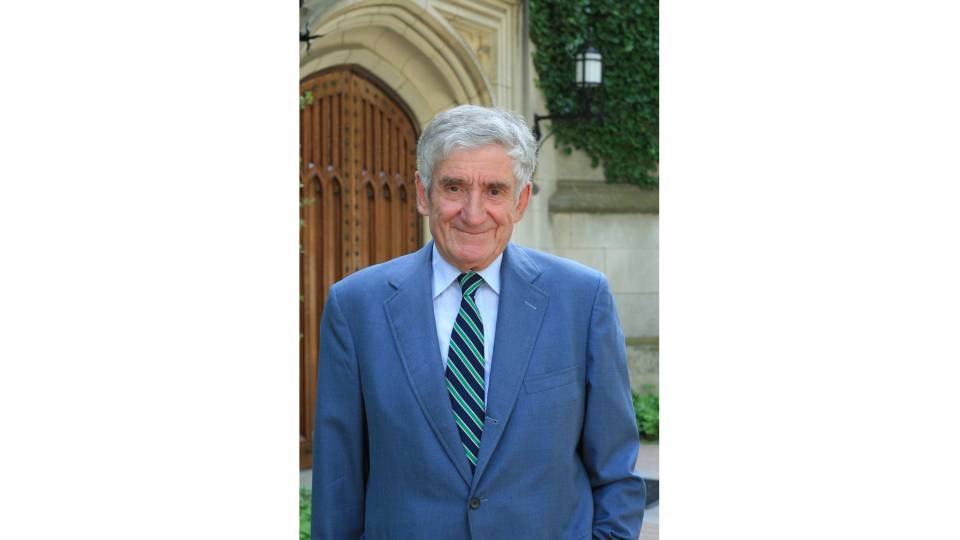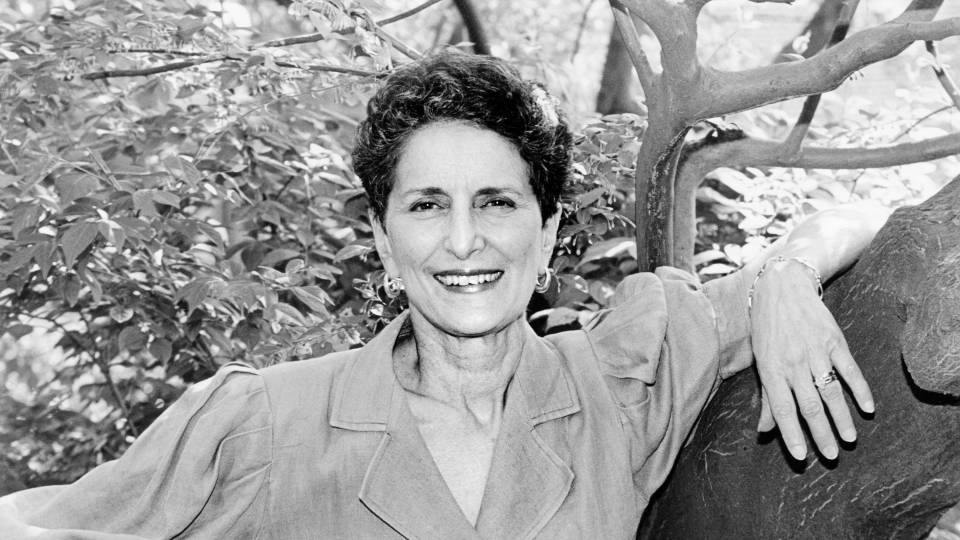
John Wilson
John Wilson, the Agate Brown and George L. Collord Professor of Religion, Emeritus, died Oct. 5 of complications from COVID-19 at his home in Peterborough, New Hampshire. He was 90.
Wilson joined Princeton’s faculty in 1960 and transferred to emeritus status in 2013. During his more than 50 years at the University, he made a significant impact on the Department of Religion, the shape of undergraduate student life, graduate education, and the field of American religious history.
He served as assistant dean of the college from 1965 to 1972, chair of the religion department from 1973 to 1980, and dean of the Graduate School from 1994 to 2002.
In the early 1980s, Wilson led the effort of a committee that paved the way for the formation of the residential colleges that now define undergraduate life at Princeton. He was appointed as the first head of Forbes College, serving from 1983 to 1992.
“John Wilson was a historian’s historian, one of the most respected scholars of American religion in his generation,” said Jeffrey Stout, professor of religion, emeritus. “He did more than anyone else to transform [the] department into a widely recognized model for the humanistic study of religion. I can say without fear of contradiction that the members of my department have never had a more faithful protector or a more decent friend.”
“His commitment and care for the next generation of researchers and scholars is evident in his legacy at the Graduate School,” said current Graduate School dean Rodney Priestley, the Pomeroy and Betty Perry Smith Professor of Chemical and Biological Engineering. “As we plan for the 125th anniversary of the School in 2025, I will be thinking about John Wilson and the warmth and joy so many fondly remember he brought as dean to the School's 100th celebration.”
Peter Bogucki, who served as the founding director of studies at Forbes College and is now associate dean for undergraduate affairs at the School of Engineering and Applied Science, said Wilson’s “placid strength” was essential to building consensus and community within the residential colleges.
A transformative voice in his discipline
Departments in American universities devoted to the academic study of religion had just begun to be established when Wilson arrived at Princeton. Judith Weisenfeld, the Agate Brown and George L. Collord Professor of Religion and department chair, said he helped to transform the discipline at Princeton and nationally.
Wilson’s publications, including the 1968 article "Developing the Study of Religion in American Colleges and Universities" and the volume “The Study of Religion in American Colleges and Universities” (Princeton University Press, 1970), co-edited with his Princeton colleague Paul Ramsey, “helped emerging departments and scholars of religion develop a common set of goals, methods and approaches to the study of religion within the liberal arts,” Weisenfeld said.
Decades later, he helped Weisenfeld, who earned her Ph.D. at Princeton in 1992, to forge her own path as a graduate student, serving as a reader of her dissertation on the history of African American women's Christian activism in Harlem's Young Women's Christian Association. “John was an extraordinary mentor and teacher who, with gentle empathy, struck just the right balance between encouraging students to pursue their intellectual passions broadly and ensuring that they eventually focused their research projects,” she said.
His important publications that focused on the history of the relation of religion to American public culture — including “Public Religion in American Culture” (Temple University Press, 1979) and several co-edited volumes from the long-term project he directed on the relations of church and state in American history — “pursued questions that are still vital today,” she said.
Stanley Katz, lecturer with rank of professor in the Princeton School of Public and International Affairs, who joined Princeton in 1978, collaborated with Wilson on that decade-long project. “John had pioneered scholarship on the role of civil religion in contemporary America,” he said. “Our project produced several fine books and cemented our friendship. John exemplified all that is best in liberal teaching and learning.”
Martha Himmelfarb, the William H. Danforth Professor of Religion, Emeritus, also joined the faculty in 1978, when Wilson was department chair. She remembers he was welcoming and supportive, traits she especially appreciated as a new female faculty member. “I was also grateful to John for presiding over a transformation of the department that moved it away from a model derived from the curriculum of Protestant divinity schools,” she said. “In that model, my field, ancient Judaism, served as background to the emergence of Christianity. In [Princeton’s] religion department, ancient Judaism was a field in its own right.”
She said Wilson was also a man of many talents. “[When] my husband and I bought a house, I asked John Gager, my colleague in early Christianity, if he knew a good plumber. ‘Yes,’ he said, ‘John Wilson.’ Over the years we borrowed tools from John’s extensive collection and took advantage of his expertise not only in plumbing but in electric work as well.”
A legacy of growth at the Graduate School
As dean of the Graduate School, Wilson pioneered an expanded fellowship program that provided all first-year doctoral students in the sciences and engineering with full tuition and a stipend to assist with living expenses. In addition, all doctoral students in the humanities and social sciences — who already were guaranteed a first-year fellowship — also became eligible to receive summer stipends.
When Wilson stepped down from the deanship, he indicated that this increased support for doctoral students was the achievement of which he was most proud.
Lisa Schreyer, deputy dean of the Graduate School, noted that Wilson’s style with everyone — from faculty to staff to the graduate students — was “warm, welcoming and with a great sense of humor.” While Wilson and his wife Ruth did not live at Wyman House, the formal residence of the dean, they often came to Procter Hall to have meals with students. “They wanted to be a warm presence for students,” she said.
Wilson also introduced online application forms as the Graduate School increasingly attracted international students and was a key figure in planning the Graduate School’s yearlong centennial celebration in 2000-01. During his administration, the University also announced plans to build additional graduate student housing.
‘In for the long haul’ with students
Calling Wilson “a peerless friend,” John Fleming, the Louis W. Fairchild ’24 Professor of English and Comparative Literature, Emeritus, who earned his Ph.D. at Princeton in 1963 and joined the faculty in 1965, said Wilson’s impact in the classroom didn’t stop when he took up the deanship.
One example was the important role he played in the development of “Introduction to Western Culture: From Antiquity to the Enlightenment,” a course Fleming created with colleagues Theodore Rabb and Robert Hollander as a modest one-semester class for first-year students. The seminar has since expanded into "Interdisciplinary Approaches to Western Culture," a robust year-long, team-taught Humanities Sequence course that remains very popular.
Leigh Schmidt, the Edward C. Mallinckrodt Distinguished University Professor at Washington University of St. Louis, who earned his Ph.D. in 1987, first met Wilson as a graduate student and stayed in touch through 40 years of friendship.
Schmidt visited Wilson at his home in New Hampshire this past summer, and saw he had winnowed his library down considerably from the double-stacked shelves in his office in 1879 Hall. “Among the books he had not parted with were those his students had written over the years — a reminder that epitomized his long commitment to nurturing and sustaining those relationships,” Schmidt said. “John was an incredibly dedicated mentor. He was in the relationship for the long haul.”
“What I appreciate most about John as a mentor and dissertation adviser was his gentle guidance — always a light touch and never a heavy hand,” said Randall Balmer, the John Phillips Professor in Religion at Dartmouth College, who earned his Ph.D. in 1985. “I shall always be grateful for his wisdom and his unflagging support.”
“John infected me with the colonial history bug, but he also urged me to range widely, and my dissertation centered on the 20th century,” said Peter Thuesen, who received his Princeton Ph.D. in 1998 and is now a professor of religious studies at Indiana University Indianapolis. “Religion is a specialty that requires thinking across time periods, and John gave me the confidence to do that.”
In Wilson’s honor, his former students established the John F. Wilson Research Fellowship, awarded annually by the American Society of Church History, of which Wilson served as president in 1976.
Wilson was born in Ipswich, Massachusetts, in 1933 to Esther Gregory and Frederick Colburn Wilson, a minister. He received his bachelor’s at Harvard University in 1954, and his master of divinity and Ph.D. at Union Theological Seminary in 1957 and 1962, respectively. He was a postgraduate at the Institute for History Research in London in 1958-1959, and taught in the religion department at Barnard College from 1956 to 1958 prior to his five-decade tenure at Princeton.
Wilson served as a member of the board of trustees at Union Theological Seminary, Educational Testing Service and Northfield Mount Hermon Schools. He was a member of the American Historical Association and the American Academy of Religion.
In retirement, he served on the boards of the Apple Hill Center for Chamber Music and the Peterborough Players.
Wilson is survived by his wife, Ruth Alden Cooke Wilson, whom he married in 1954; four children, Abigail, Nathaniel, Johanna and Jeremy; 12 grandchildren; and two great grandchildren.
Donations in Wilson’s honor may be made to the Apple Hill Center for Chamber Music, 410 Apple Hill Road, Nelson, N.H. 03457, and Peterborough Players, PO Box 118 (55 Hadley Road), Peterborough, N.H. 03458.
The family is planning a celebration of his life in spring or summer 2024.
View or share comments on a memorial page intended to honor Wilson’s life and legacy.




